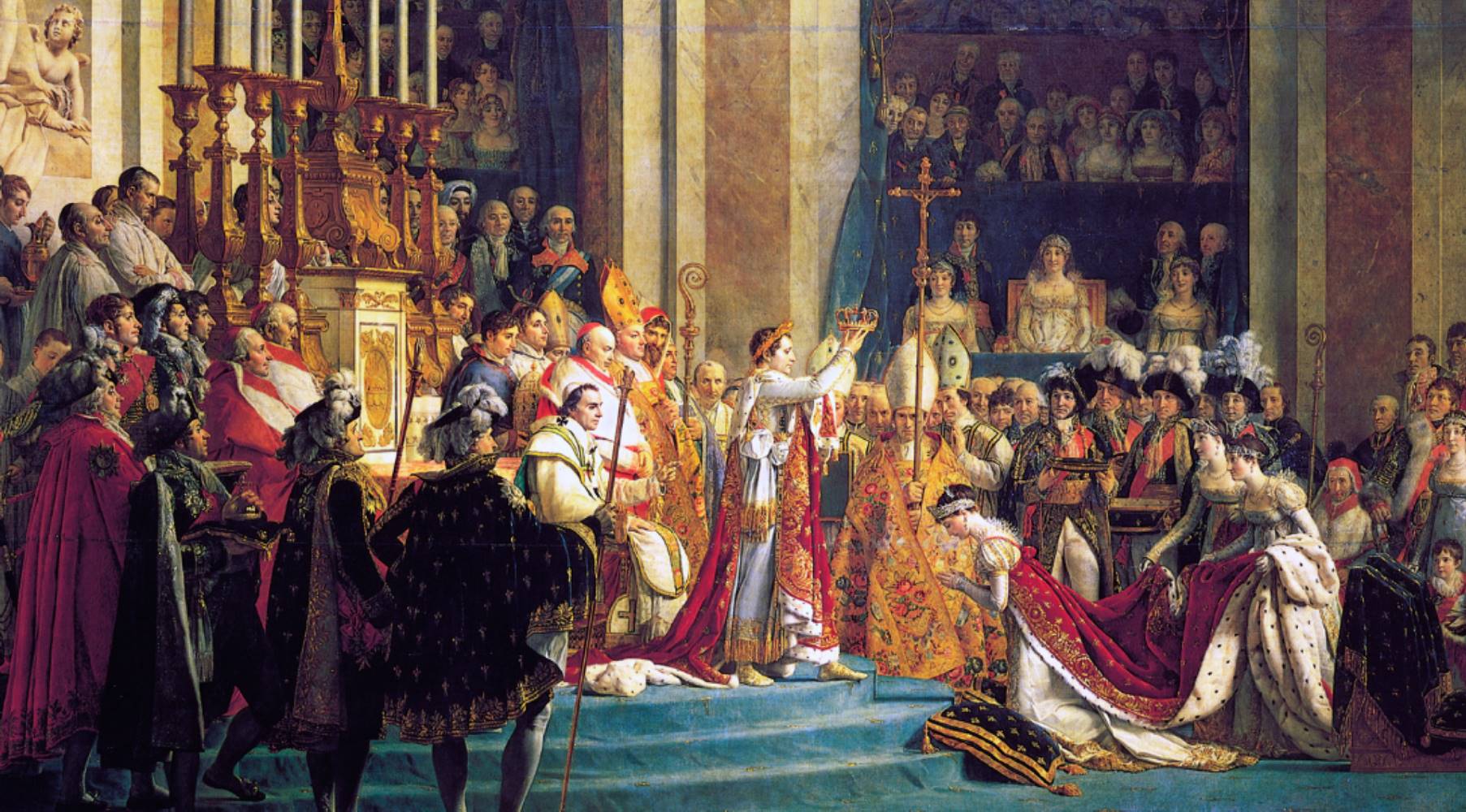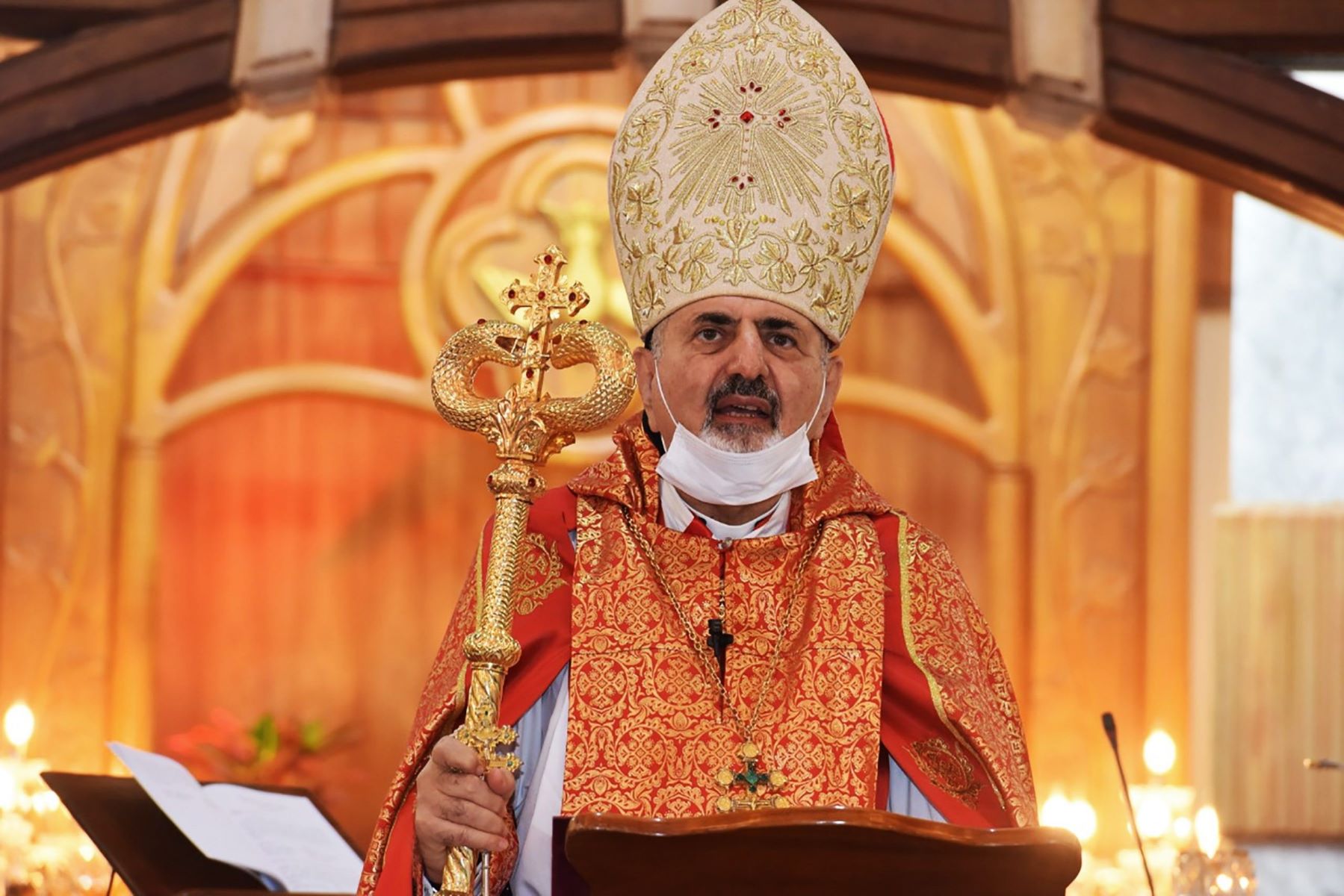
Gallicanism refers to a historical movement within the Catholic Church in France that advocated for the independence of the French church from the authority of the Pope. Rooted in the desire for national sovereignty, it emphasized the power of the monarch and local clergy over papal control. This movement gained momentum during the 17th and 18th centuries, leading to significant conflicts and debates within the church. Key principles of Gallicanism included the belief that the Pope's authority was not absolute and that church councils held greater power. Understanding Gallicanism provides insight into the complex relationship between church and state in France's history.
What is Gallicanism?
Gallicanism is a historical movement that sought to limit the power of the Pope in favor of the authority of local bishops and the French monarchy. This movement played a significant role in shaping the relationship between church and state in France.
- Gallicanism emerged in the 14th century as a response to the centralization of papal power.
- It emphasized the independence of the French Church from the Vatican.
- The term "Gallicanism" comes from "Gallia," the Latin name for France.
Key Figures in Gallicanism
Several influential figures championed the cause of Gallicanism, each contributing to its development and spread.
- King Philip IV of France was one of the earliest proponents, clashing with Pope Boniface VIII.
- Pierre Pithou, a French lawyer, wrote the "Liberties of the Gallican Church" in 1594, outlining the principles of Gallicanism.
- Bishop Jacques-Bénigne Bossuet was a prominent supporter, advocating for the rights of the French clergy.
Gallican Articles of 1682
The Gallican Articles were a set of four declarations made by the French clergy in 1682, asserting the independence of the French Church from papal authority.
- The first article stated that kings are not subject to any ecclesiastical power in temporal matters.
- The second article declared that the Pope's authority is limited by the decrees of the Council of Constance.
- The third article emphasized the independence of the French Church in disciplinary matters.
- The fourth article asserted that papal decisions require the consent of the Church.
Impact on the French Revolution
Gallicanism influenced the French Revolution, particularly in the way the revolutionaries viewed the relationship between church and state.
- The Civil Constitution of the Clergy in 1790 was inspired by Gallican principles, reorganizing the French Church under state control.
- Many revolutionary leaders saw Gallicanism as a way to reduce the power of the Catholic Church.
- The Concordat of 1801 between Napoleon and Pope Pius VII attempted to reconcile Gallicanism with papal authority.
Decline of Gallicanism
Despite its influence, Gallicanism eventually declined, particularly in the 19th century.
- The First Vatican Council in 1870 declared papal infallibility, undermining Gallican principles.
- Ultramontanism, which emphasized strong papal authority, gained popularity, countering Gallicanism.
- The French Revolution and subsequent secularization of French society also contributed to its decline.
Legacy of Gallicanism
Though Gallicanism is no longer a dominant force, its legacy can still be seen in various aspects of modern church-state relations.
- The principle of national churches influenced other countries, such as the Anglican Church in England.
- Modern secularism in France owes some of its roots to Gallican ideas.
- The concept of conciliarism, which emphasizes the authority of church councils over the Pope, has its origins in Gallicanism.
- Contemporary debates about the balance of power between local churches and the Vatican still reflect Gallican concerns.
Final Thoughts on Gallicanism
Gallicanism, a fascinating chapter in church history, highlights the tension between national churches and papal authority. It emerged in France during the 17th and 18th centuries, emphasizing the independence of the French Church from Rome. This movement played a significant role in shaping modern Catholicism, influencing debates on church governance and the balance of power. Understanding Gallicanism provides insight into the broader context of religious and political dynamics in Europe. It also sheds light on the ongoing struggle for autonomy within religious institutions. By exploring these 20 facts, we've uncovered the complexities and lasting impact of Gallicanism on both the church and society. This historical movement reminds us of the ever-evolving relationship between faith and authority, offering valuable lessons for contemporary discussions on religious freedom and governance.
Was this page helpful?
Our commitment to delivering trustworthy and engaging content is at the heart of what we do. Each fact on our site is contributed by real users like you, bringing a wealth of diverse insights and information. To ensure the highest standards of accuracy and reliability, our dedicated editors meticulously review each submission. This process guarantees that the facts we share are not only fascinating but also credible. Trust in our commitment to quality and authenticity as you explore and learn with us.


